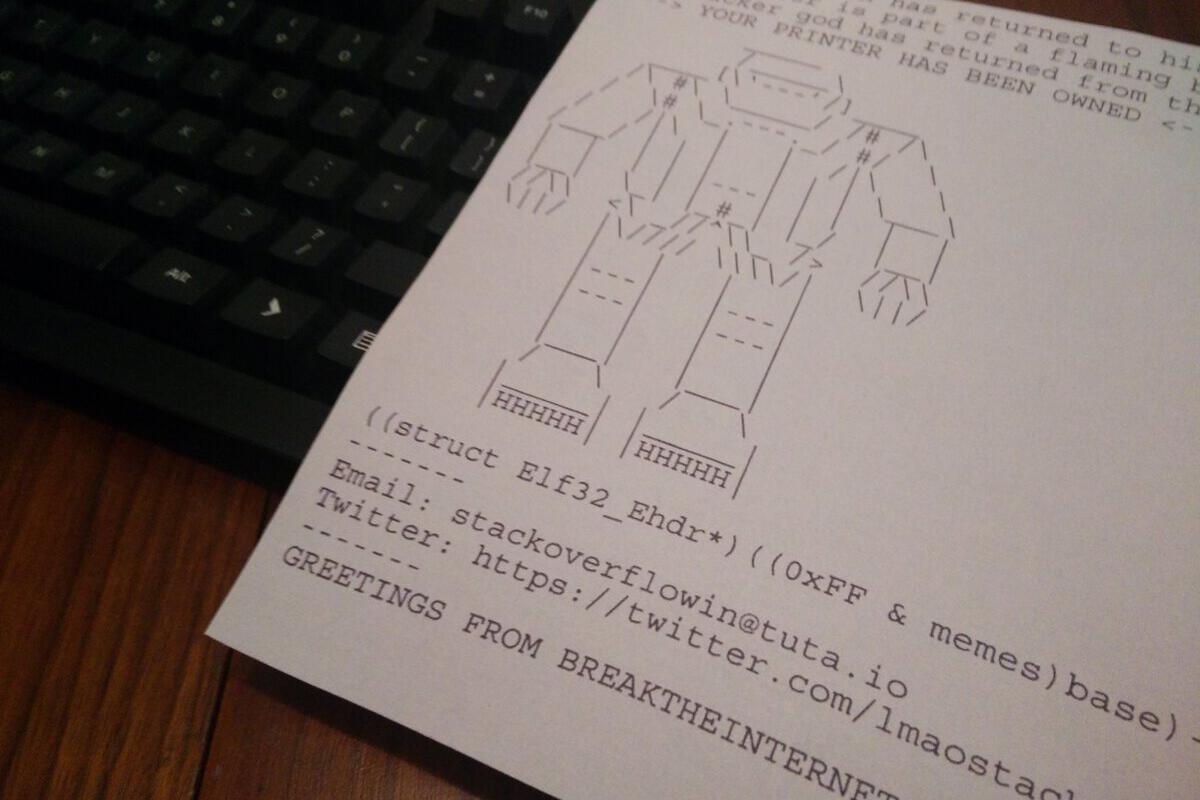Polish banks on alert after mystery malware found on computers

The discovery of malware on computers and servers of several Polish banks has put the country’s financial sector on alert over potential compromises.
Polish media reported last week that the IT security teams at many Polish banks have been busy recently searching their systems for a particular strain of malware after several unnamed banks found it on their computers.
It’s not clear what the malware’s end goal is, but in at least one case it was used to exfiltrate data from a bank’s computer to an external server. The nature of the stolen information could not be immediately determined because it was encrypted, Polish IT news blog Zaufana Trzecia Strona reported Friday.
To read this article in full or to leave a comment, please click here




